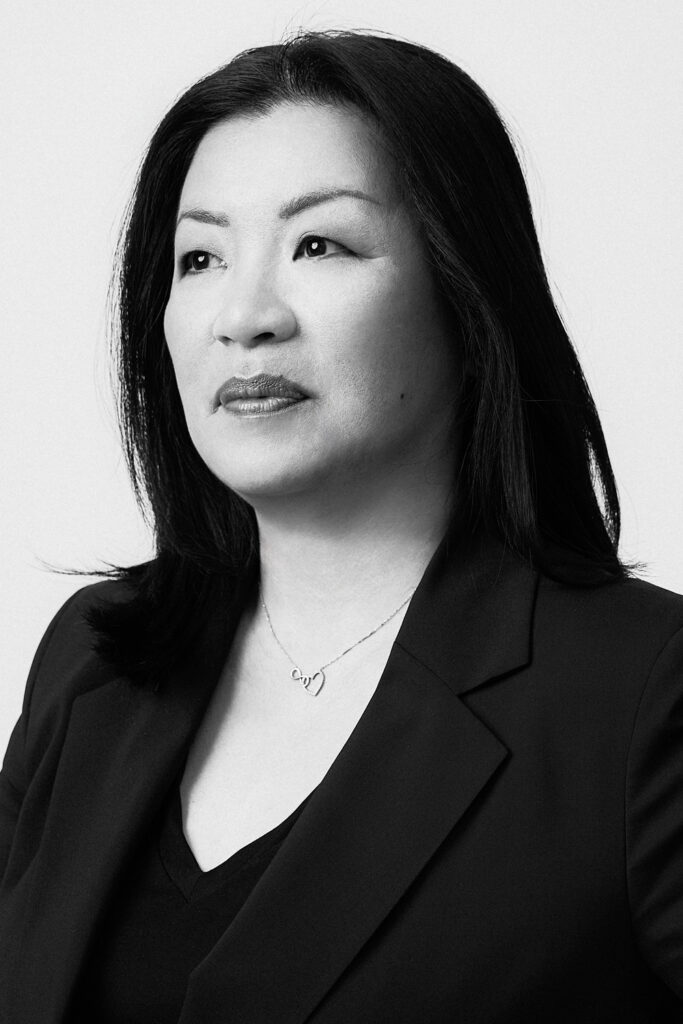When the Toronto International Film Festival rolls out its red carpets, the spotlight naturally falls on the stars—but the film industry’s most transformative forces are often found behind the scenes. Now celebrating its 50th edition, TIFF continues to be a driving force for creators whose voices keep cinema vital as an art form.
At the heart of that mission is the festival’s Talent Development program, which consists of year- round labs led by industry heavyweights who offer emerging filmmakers mentorship, professional guidance and invaluable connections. Alumni successes—such as Chandler Levack, whose film Mile End Kicks opens this year’s Special Presentations programme—reinforce TIFF’s reputation as one of the most influential stops on the global circuit.
“TIFF has always been about more than showcasing film—it’s about shaping the future of cinema,” says Anita Lee, TIFF’s chief programming officer and a long-time champion of emerging voices and diversity. “We design our labs to reflect where the industry is going, and what excites a new generation of creators and audiences.”
One standout initiative is the K-Story Fund, launched with CJ ENM and KOFIC to support North American filmmakers of Korean descent—an effort Lee says “shows the global intersectionality that defines contemporary cinema.” The program’s impact is already visible. Filmmaker Lloyd Lee Choi, a participant, recently premiered his debut feature, Lucky Lu, at Cannes. “We’re incredibly proud to see that kind of trajectory, and to have played a role in it,” Lee notes.
Another recent success is the No Drama lab, developed with Get Out director Jordan Peele’s Monkeypaw Productions and Universal to elevate genre filmmaking. It drew the highest number of submissions of any TIFF lab to date, with selected works set for a special showcase at this year’s festival. “That kind of response tells us we’ve tapped into something urgent and alive in the zeitgeist,” says Lee. Always looking ahead, TIFF is preparing TIFF: The Market, a 2026 expansion that will unite industry access, financing, and creative support under one roof. “The new market will let us support filmmakers not just at the premiere stage, but through development and industry connections,” Lee explains. “It’s a full ecosystem.”
At a time when funding for the arts and diversity, equity, and inclusion initiatives face rollbacks, TIFF remains committed. The program website ensures that “at least 50% of selected participants will be BIPOC and that at least 50% will be women—this work is core to who we are,” says Lee. “It’s how we ensure the longevity and relevance of global cinema.”
Here, two filmmakers from TIFF’s talent pipeline—each with a distinct vision—share their stories, as well as prudent advice for the next generation.

“I trained as an actress,” says Eva Thomas, “but I got frustrated with the kinds of roles available for Indigenous people.” That frustration became a turning point. Thomas—a writer, director, and producer from Walpole Island First Nation—left Los Angeles and returned to Canada, where she saw more opportunities to tell the stories she wanted. “I felt like I should go home and be part of the wave of Indigenous creatives in film and television,” she says. “And I’m really glad I did.” Now based in Wallaceburg, Ont., Thomas explores contemporary Indigenous identity and experience. Her films including Redlights (2023), Aberdeen (2024), and Nika & Madison, a feminist crime thriller premiering this year—all place Indigenous women at the centre. They were also all shown for the first time at TIFF. Thomas’s relationship with TIFF deepened through the Filmmaker Lab and Every Story Accelerator in 2023, where she joined 25 directors from around the world for mentorship from Danis Goulet, Deepa Mehta, and Miranda Harcourt, as well as master classes with Barry Jenkins, Ethan Hawke, and Richard Linklater. “It was a very supportive environment,” she says. “All of us are still in a group chat together.” Finding community, Thomas says, is key to longevity in the industry. She poses a challenge to aspiring filmmakers. “What do you have to say about the world we live in, about the challenges we’re facing as human beings?” she asks. Awards are gratifying, she acknowledges, but they’re not the measure of a career. “Your growth as an artist over time,” she insists, “is equally important.”

Fawzia Mirza is dedicated to centring “Muslim women, queer, and trans people as real, human, complex, and joyful protagonists.” As a queer, South Asian, Muslim creative based between Toronto and Los Angeles, Mirza took an unconventional route to filmmaking. “I’m a lawyer-turned-actor on a lawyer’s debt,” she says, “who started writing because there weren’t a lot of roles for me. Then I started directing and stopped acting because I finally found my true calling.” Her debut feature, The Queen of My Dreams (2023), premiered at TIFF, BFI London, and SXSW, earning 14 awards and the Directors’ Guild of Canada’s Award for Outstanding Directorial Achievement In Feature Film. But the decision to direct the film herself came only after a pivotal moment at the TIFF Writers’ Studio in 2020. “I had been telling everyone I needed to find a queer, Muslim, brown director,” she recalls. “My fellow writers said, ‘Why not you?’” That encouragement, paired with the creative energy of TIFF’s Filmmaker Lab, gave her the push to claim her place at the helm of her project. In addition to directing episodes of television shows such as Deli Boys and developing two new feature comedies, Mirza runs Baby Daal Productions, a company dedicated to championing emerging filmmakers, particularly queer Muslim Pakistani voices. Recent projects include Poreless by Akbar Hamid, Witness by Radha Mehta and Saif Jaan, and The Curfew by Shehrezad Maher. “We need to see ourselves, and we need the rest of the world to see us,” Mirza says, “so we can imagine a future where we not only survive but thrive.” Her advice to newcomers is both pragmatic and inspiring. “You have to be relentless and you have to be undeniable,” says Mirza. “Know what you have.”

Feature Image: Photographed by Gail Harvey, courtesy of TIFF.
For more information on TIFF’s 50th edition visit TIFF.net.

